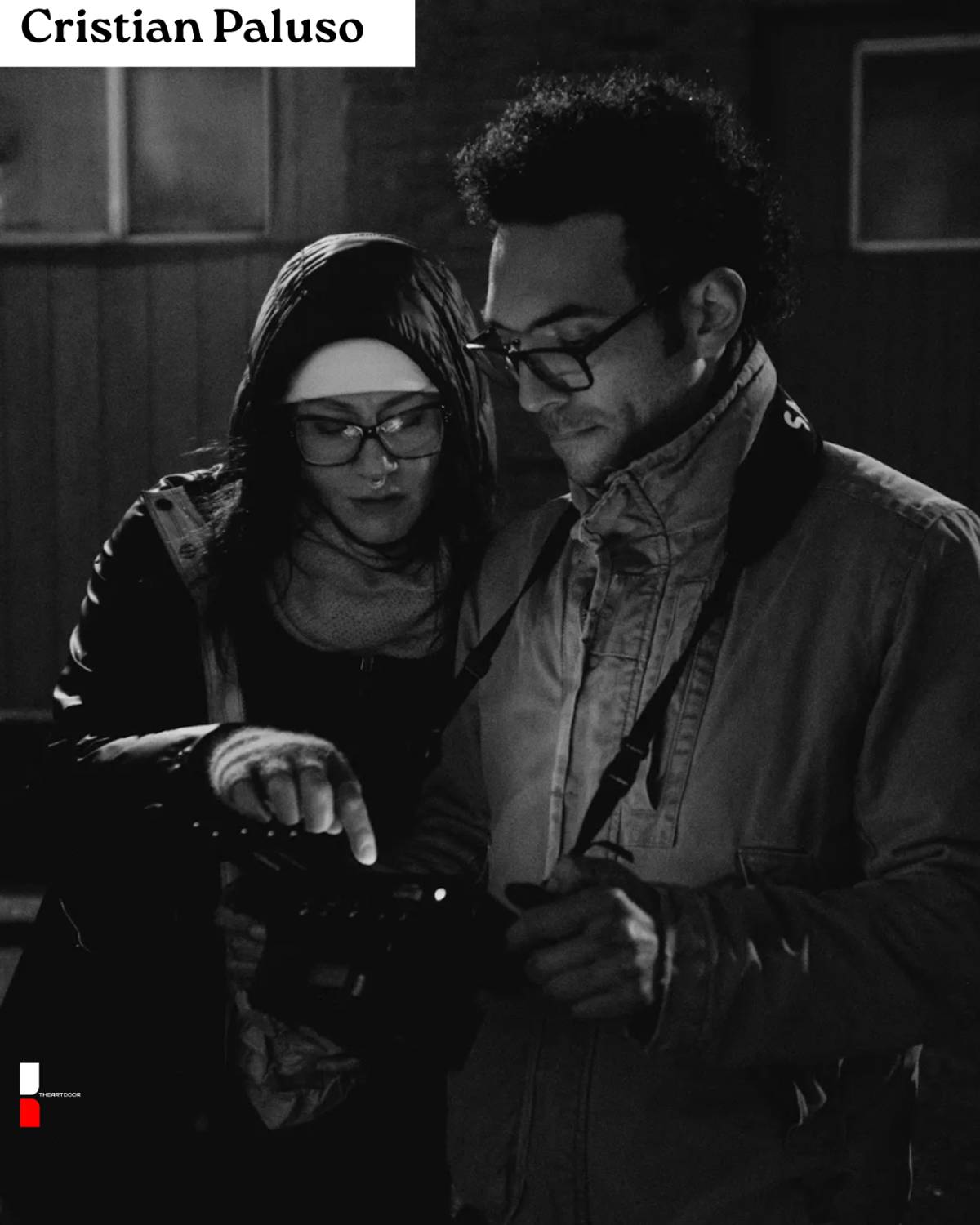Culture & society Articles
Leanne Stojmenov Appointed Artistic Director of West Australian Ballet
Leanne Stojmenov has been appointed Artistic Director of West Australian Ballet, starting January 2026. A former Principal Artist with The Australian Ballet, she returns home to lead the company into its 75th anniversary, bringing passion, experience, and artistic vision.

Martin Scorsese and the Marvel Debate: A Director’s Plea for the Soul of Cinema
Martin Scorsese remains firm in his belief that Marvel movies, while entertaining, lack the artistic depth that defines true cinema. He warns that the dominance of franchise blockbusters threatens the diversity and emotional complexity of film, risking cinema’s cultural soul. Scorsese emphasizes cinema as a communal experience centered on moral exploration and originality, contrasting it with franchise films designed as theme park rides. Though he supports superhero movies existing, he urges audiences and filmmakers to preserve space for auteur-driven, risk-taking films. His advocacy extends to film education and preservation, highlighting hope for cinema’s future beyond commercial dominance.
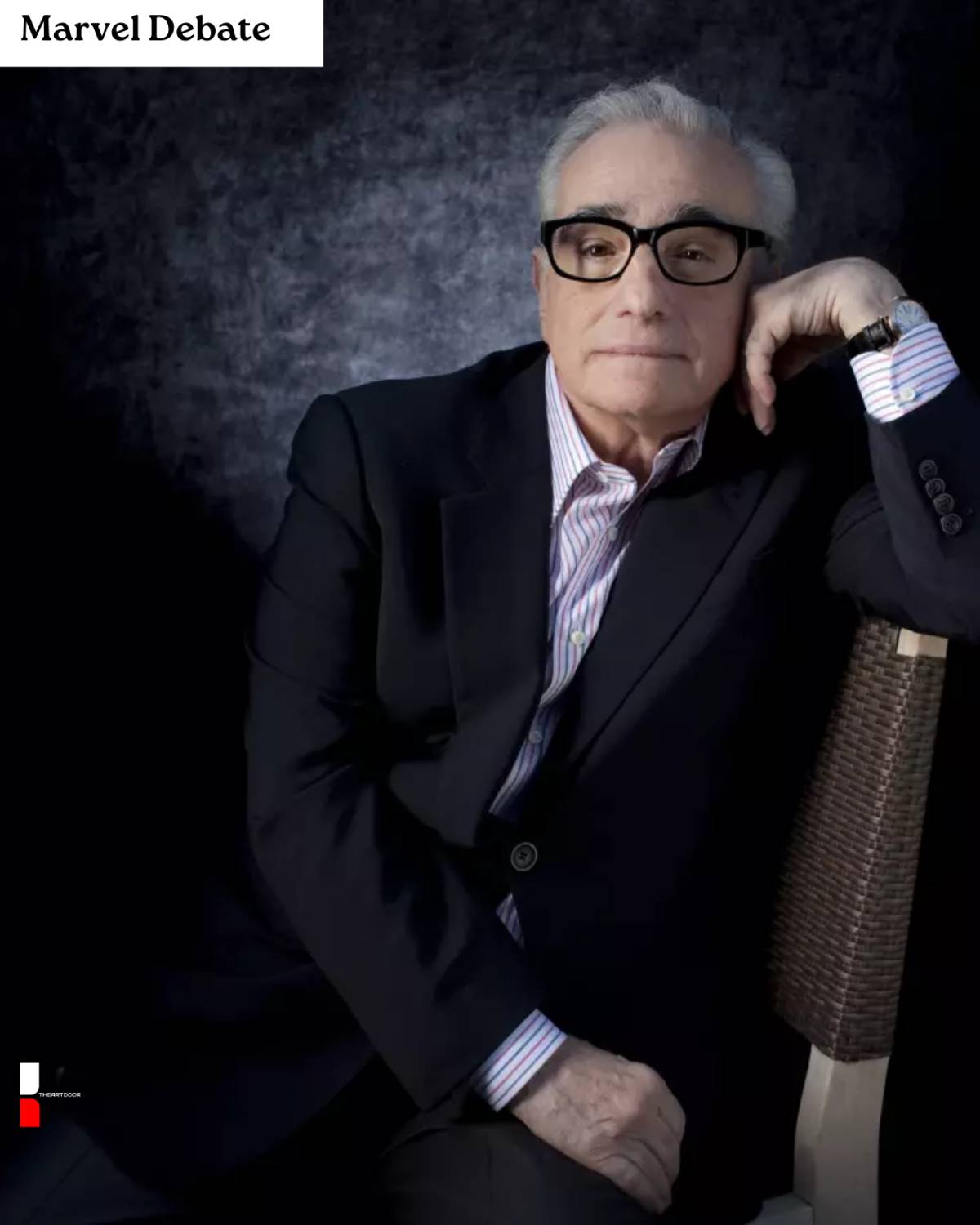
Rediscovering Nicholas Ray: The Forgotten Hollywood Visionary Behind Cinema’s Most Enduring Films
Nicholas Ray, once a central figure in post-war Hollywood, is now a largely forgotten visionary whose films shaped modern cinema. Best known for Rebel Without a Cause (1955), Ray explored themes of alienation, identity, and rebellion with visual flair and emotional depth. His work, including In a Lonely Place and Bigger Than Life, challenged societal norms and influenced future auteurs like Martin Scorsese. Despite studio clashes and personal struggles, Ray’s unique storytelling remains powerful and relevant. Recent restorations and retrospectives are helping to revive his legacy, proving his films still speak profoundly to contemporary audiences and cultural shifts.
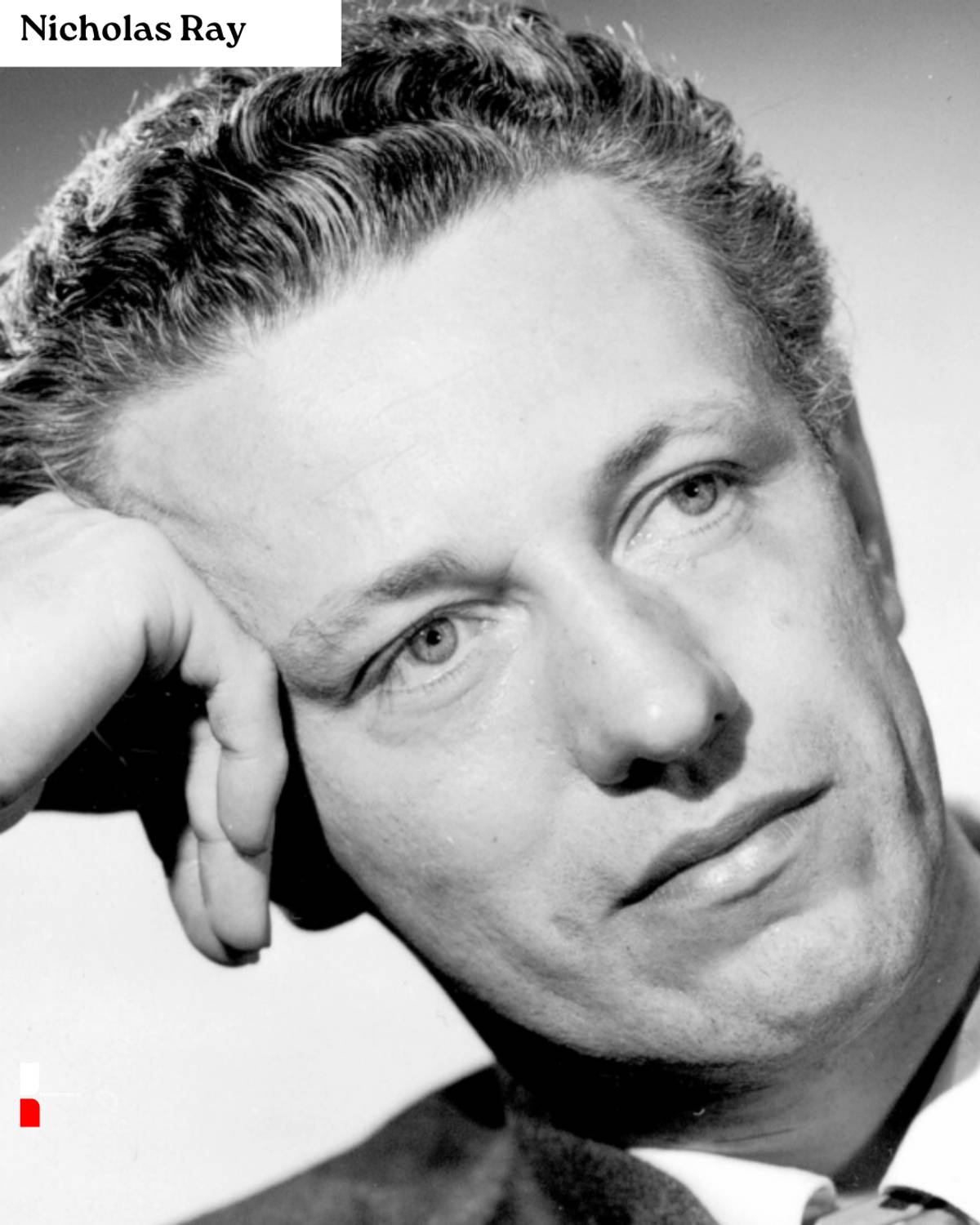
Martin Scorsese’s Mission to Preserve Film: Protecting Cinema’s Legacy for Future Generations
Martin Scorsese has devoted decades to preserving cinema’s legacy through The Film Foundation, which he founded in 1990 to restore and save classic films worldwide. Concerned about the fragile nature of celluloid and the risks posed by digital formats, Scorsese emphasizes the importance of meticulous restoration that honors a film’s original essence. His preservation work spans global cinema, ensuring diverse stories and cultural histories are not lost. Scorsese views film preservation as vital for future generations to experience and learn from cinema’s rich heritage, advocating for education and awareness to keep the art form alive.
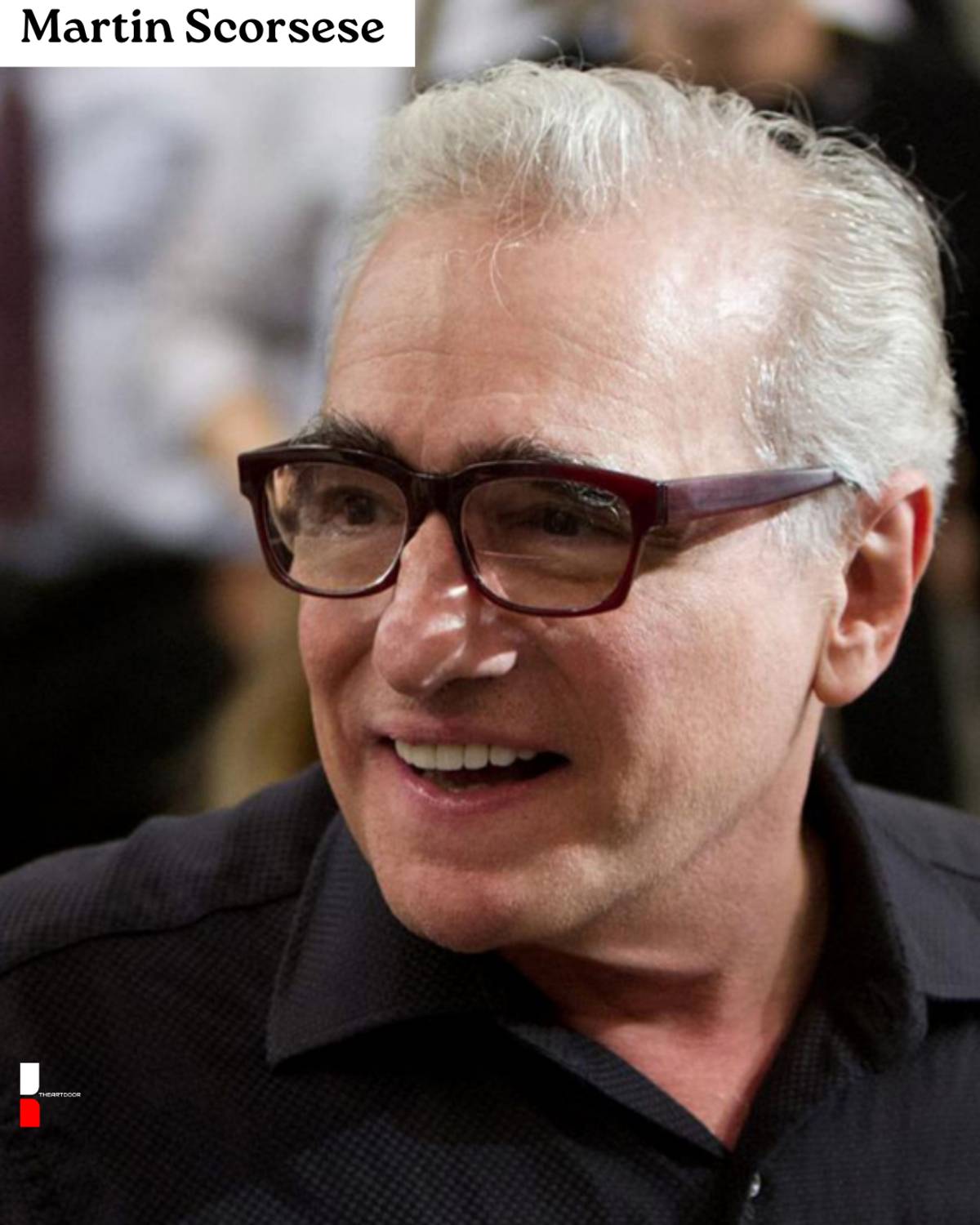
Inventing the Language of Cinema: How and Why D.W. Griffith Shaped Modern Film
D.W. Griffith revolutionized cinema by creating its foundational visual language. In the early 1900s, he introduced techniques like close-ups, cross-cutting, and rhythmic editing, transforming film into an emotional, narrative medium. His partnership with cinematographer Billy Bitzer enabled technical innovations that shaped modern filmmaking. Griffith’s works, particularly The Birth of a Nation and Intolerance, showcased both his cinematic genius and the moral complexity of his legacy. Through epic scale and emotional storytelling, he established the vocabulary used in film today. Despite ethical criticisms, his influence remains embedded in every suspenseful cut and expressive close-up seen on screen.
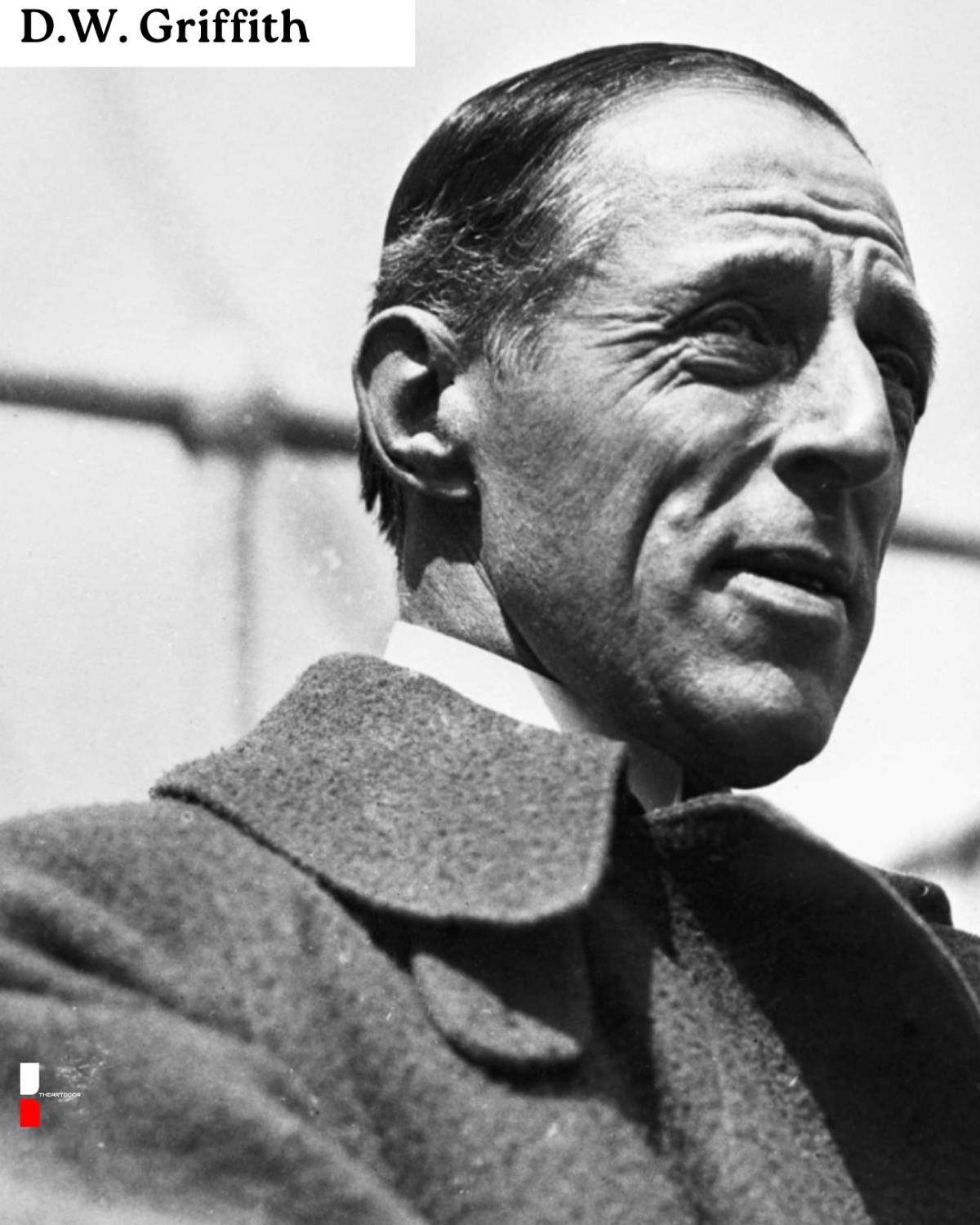
Why Citizen Kane Remains the Greatest Movie Ever Made and Why No Directorial Debut Has Matched It Since
Orson Welles’s Citizen Kane remains the greatest film ever made, not only for its revolutionary storytelling and technical mastery, but also because it was an unprecedented directorial debut. At just 25, Welles redefined cinema with bold narrative structure, deep focus cinematography, and psychological depth. No debut since has matched its innovation or cultural impact. The film's mythic status stems from both its brilliance and the unique circumstances of its creation — creative freedom, vision, and timing. While many strong first films have followed, none have come close to reshaping the art form the way Citizen Kane did in 1941.
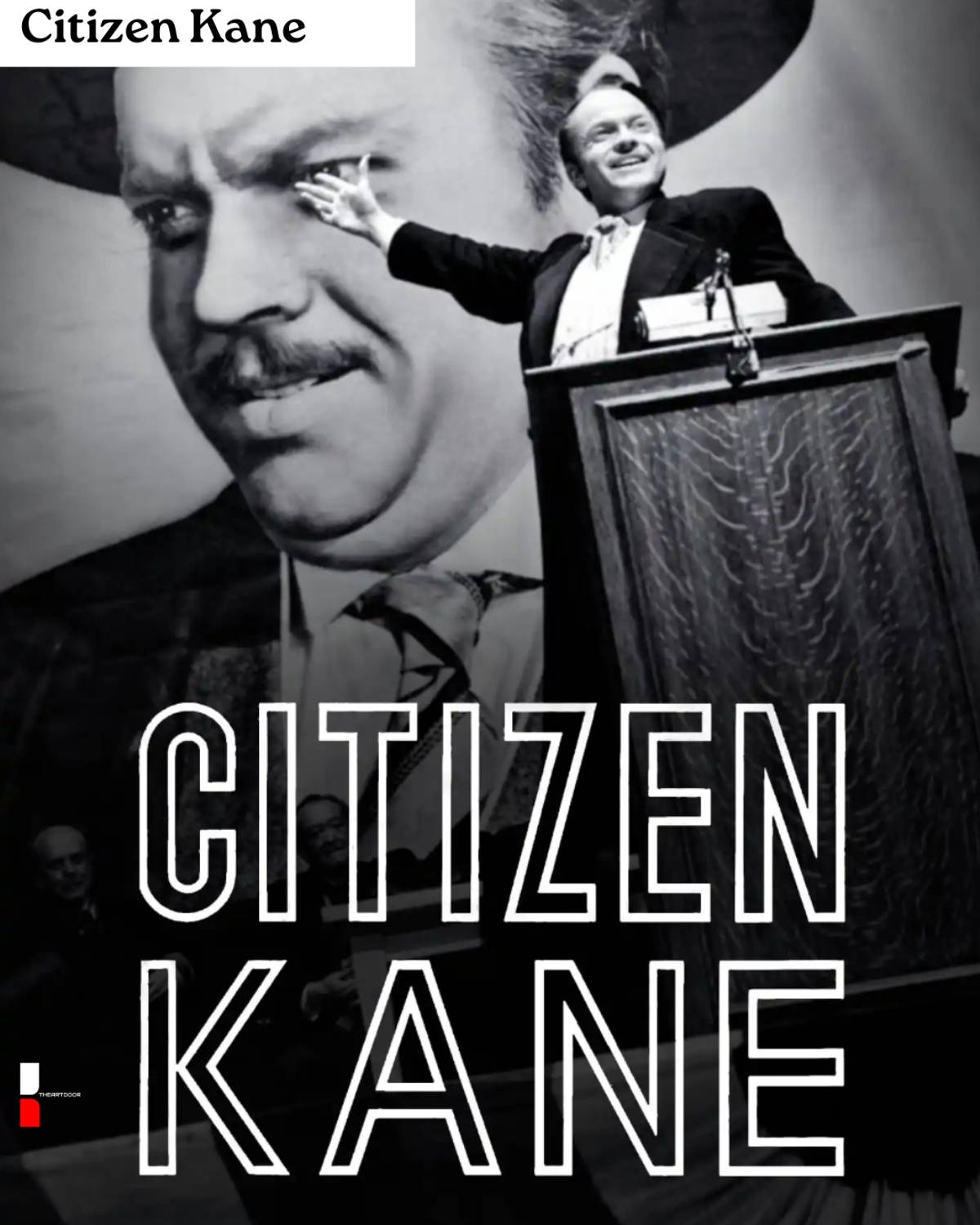
Fashion’s Crossroads: Can Humanity Defeat the Race for Endless Growth
Twelve years after the Rana Plaza disaster, which killed 1,138 garment workers, the $1.84 trillion fashion industry faces scrutiny for its environmental and human toll. Designer-activist Orsola de Castro, in a 1O1 Square interview, critiques the “oligopoly of sameness” driven by fast-fashion giants like Shein. Despite regulatory efforts like the EU’s Sustainable Textiles Strategy, ultra-fast fashion fuels waste and exploitation. De Castro’s Fashion Revolution pushes upcycling, local mills, and transparency, urging consumers to demand accountability. As tariffs raise prices and public concern grows, the industry stands at a crossroads: endless growth or a sustainable model prioritizing well-being and empathy.

The Timeless Power of Tragedy: Amanda Sthers on Literature, Empathy, and the Digital Divide
Amanda Sthers explored the vital role of tragedy in literature, emphasizing its power to foster empathy and wisdom. She argued that stories, whether comedic or dramatic, connect us to shared human struggles, countering the polarization fueled by social media’s instant demands. Sthers criticized book bans, advocating for age-appropriate literature to prepare children for life’s complexities. She highlighted reading’s role in self-discovery, contrasting it with the curated facades of online life. Proposing “boredom summer camps” and accessible stories to spark a love for reading, Sthers urged a return to narratives that bridge divides and illuminate hope.

Ancient Steps, Modern World: Why Traditional Dance and Music Still Matter
Traditional dance and music remain vital in a digital age, bridging past and present. In a 1O1 Square discussion, Ariel Rose and Aditi Bhagwat explore their relevance. Dance, using the entire body, fosters self-acceptance and empathy, while mythologies like Shiva’s gender fluidity echo modern themes. Ancient disciplines like the Natya Shastra counter today’s distractions, promoting focus. Artists adapt with shorter, fusion performances to engage audiences. Beyond entertainment, arts strengthen communities, as seen in pandemic livestreams. Stakeholders, educators, artists, policymakers, learners must engage, integrate, collaborate, and invest to keep traditions alive, ensuring they inspire and unite across cultures.

Independent Filmmaking Spotlight: Cristian Paluso Urges Global Audiences to Champion Original Storytelling
Indie filmmaker Cristian Paluso, in an interview on 1O1 Square, passionately advocated for original storytelling in cinema, challenging the dominance of big-budget blockbusters. He debunked the myth that substantial funding is essential for great films, emphasizing that compelling stories and dedicated teams are key. Paluso highlighted the personal, emotionally driven nature of indie filmmaking compared to formulaic studio productions. He expressed concern over the industry’s shift toward IP-driven content, urging audiences to support indie films through festivals and distributors like A24 and Neon. Paluso believes indie cinema fosters deep human connections, offering authentic narratives that resonate long after viewing.
